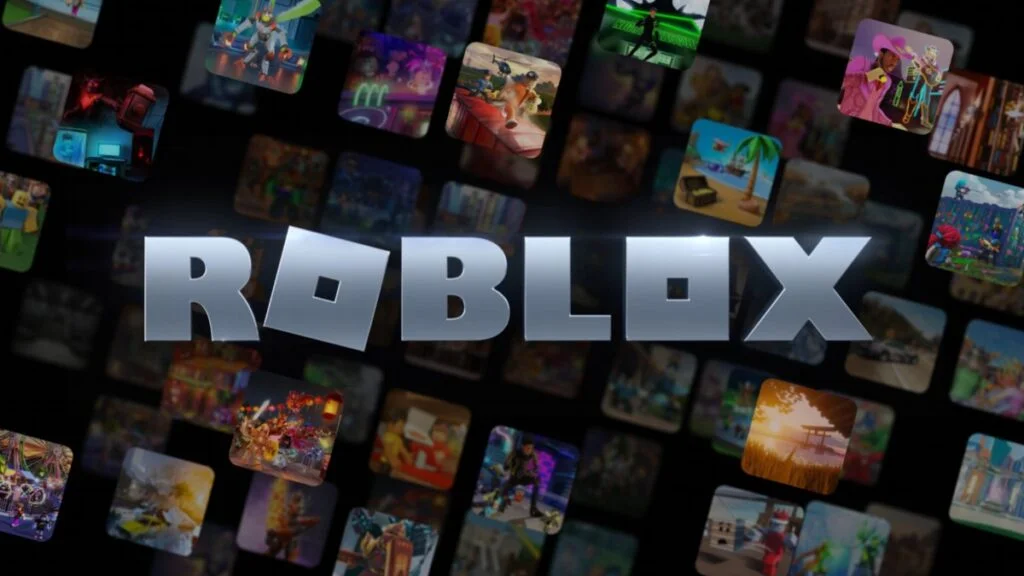Roblox, once a major force in the metaverse, expects a difficult 2024 as its investors doubt the company’s capacity to generate long-term financial success.

As its financial situation worsens, Roblox—once hailed as a metaverse hub in the gaming platform space—is preparing for a challenging year, according to Sahil Alvi, the founder of Neuron Partners, an early backer of the company.
Alvi expressed his displeasure in an interview with Fortune, pointing out that Roblox’s stock is still considerably below the IPO price it reached in the first quarter of 2021. According to Sahil Alvi:
“We’ve been watching the stock languish for the better part of two years. It doesn’t seem the leadership team has gotten the memo that times have changed and markets no longer reward growth for growth’s sake.”
Alvi did not disclose the amount of money his company owns in Roblox, but for a few weeks now, he has publicly pushed David Baszucki, Roblox’s CEO, to take the company private.
Alvi addressed the difficulties surrounding Roblox in an open letter posted on LinkedIn in late November, saying that the company’s route to profitability “is not clear.” Sahil Alvi continued:
“[…] perhaps taking Roblox private may indeed be one of the solutions to stanch the leakage of shareholder value in Roblox stock.”
Roblox has made no public comments on Alvi’s letter so far. The Neuron Partners founder says 2024 will be crucial for the gaming firm, as the California-based company has only left nearly $2.1 billion in liquidity, adding that the firm management team “need to get dead serious about becoming profitable before the company finds itself in financial dire straits.” Sahil Alvi said:
“2024 is going to be a crucial year, where we view whether management is moving the company towards a sustainably profitable business.”
According to statistics from Google Finance, RBLX is trading at $46.4 as of the time of publication. The figure is still far from Roblox’s IPO price of $70 and from the company’s all-time high of November 2021, despite the shares having increased by more than 66% year to date.
